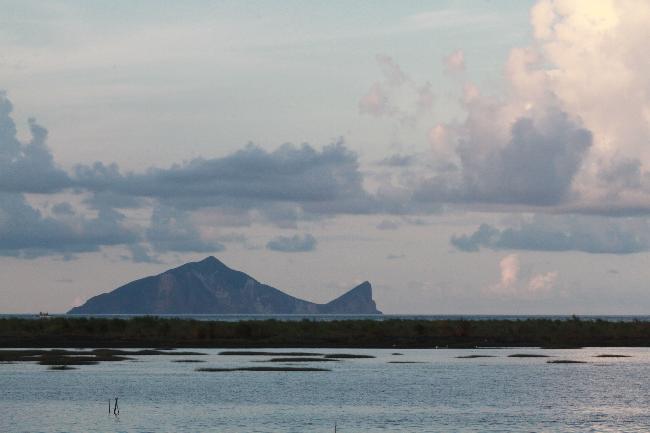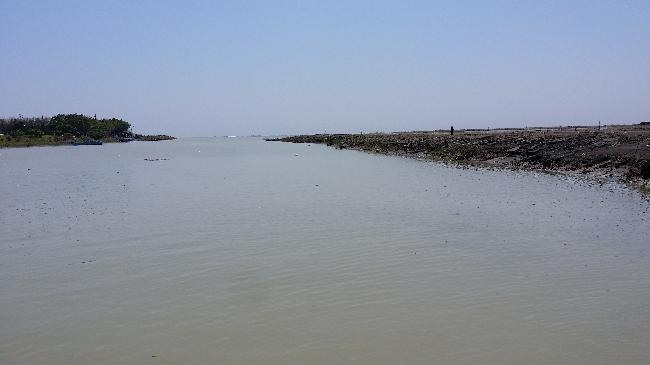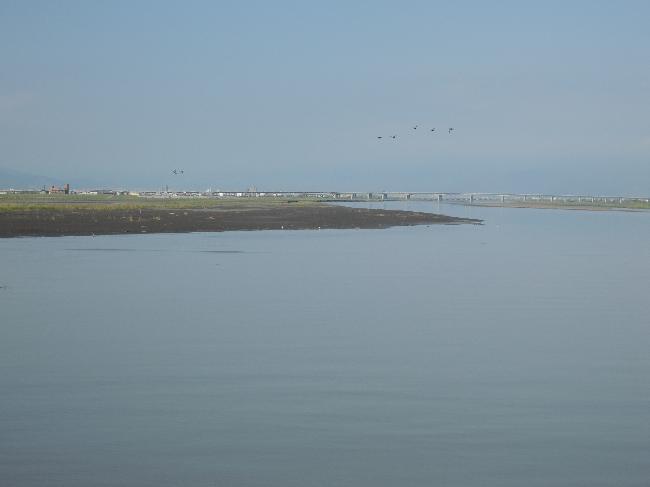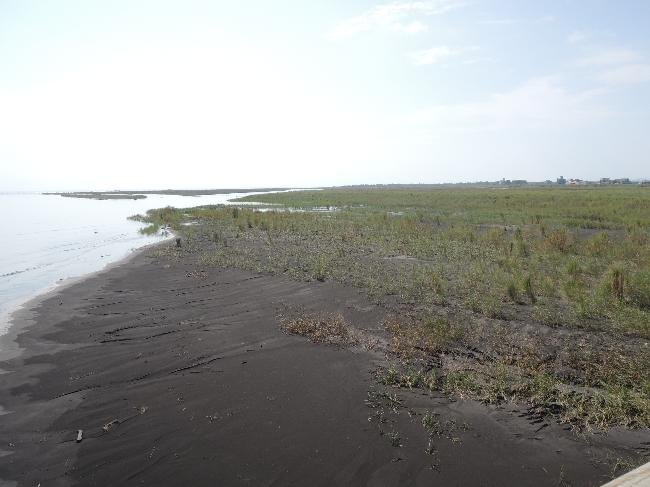Taiwan's Wetlands of Importance
Map of Taiwan's Wetlands
Lanyang Estuary Important Wetland
Date:2019/04/18
Number of Visitors861
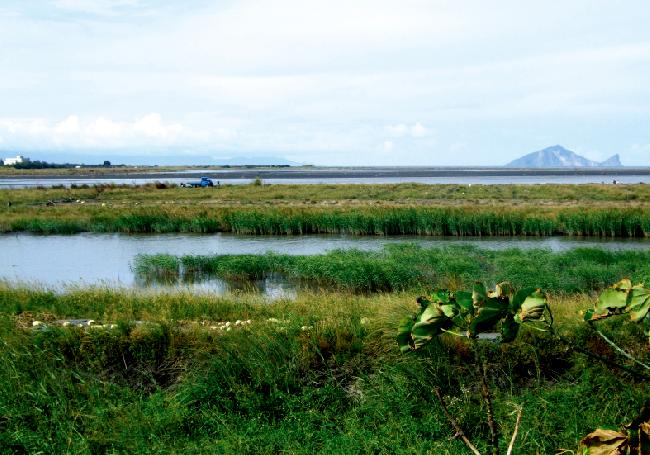
-
Number
TW036
-
Area
2,780 ha
-
Chinese Name
蘭陽溪口重要濕地
-
Category
Coastal natural wetland
-
Name
Lanyang Estuary Important Wetland
-
Administrative area
Yilan County, Wujie Township, Zhuangwei Township, Yilan City
-
Related plans
Wildlife Refuge, Major Wildlife Habitats, Coastal Protection Area
-
Related authorities or units
Yilan County Government
-
Boundaries
The wetland is located at Lanyang Estuary and the coastal areas north and south of it, including the riverine east of Lanyang Bridge. The northern boundary starts 300 m east of Linguo Elementary School, and the southern boundary ends at the north end of Wujie Regional Sanitary Landfill. The wetland also extends into the ocean at the 6-meter isobaths.
-
Introduction
Lanyang Estuary is an important habitat and stopover site in northeastern Taiwan for migratory birds. The wide variety of species includes wintering water birds and the Larindae family, which uses the sandbank at the estuary as breeding ground.
-
Ecological resources of importance
Kentish plover and dunlin are the dominant species herem and the number could reach 1,000. The protected species in this wetland are mainly Laridae with the majority being greater crested tern and little tern, followed by black-naped tern. Black-faced spoonbill is also spotted occasionally near the water, sandbank and farm fields. In terms of terrestrial plants, 3 rare species are recorded. They are natant salvinia, golden dodder and Yun-lin bolboschoenus. In addition, 2 endemics, Taiwan tylophora and Taiwan lily are recorded.
-
Endangered species
Black-faced Spoonbill, Peregrine Falcon
-
Rare and valuable species
Chinese Egret, Black Stork, Eastern Marsh Harrier, Crested Serpent Eagle, Common Kestrel, Mandarin Duck, Short-eared Owl and Long-eared Owl
-
Types to be conserved
Brown Shrike.
-
The current situation and potential threats of wetlands
Farmlands expansion has narrowed the river and pushed the estuary south reducing the size of bird habitats.
-
Participating in recommended units
Forest Bureau, Council of Agriculture

